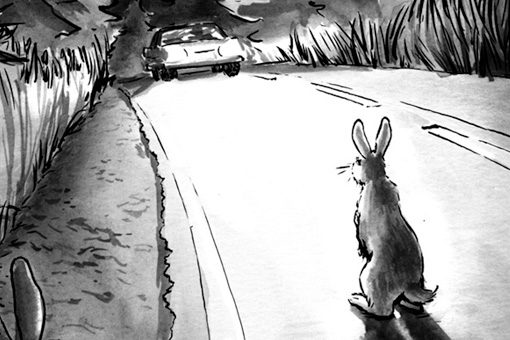Panic
 Panic is a normal human response to frightening situations and you may have experienced this at some point in your life – maybe you’ve been involved in a car accident or some other traumatic event, or perhaps you’ve panicked before an important event such as an exam or job interview. The Oxford Dictionary defines panic as a ‘sudden uncontrollable fear or anxiety, often causing wildly unthinking behaviour’.
Panic is a normal human response to frightening situations and you may have experienced this at some point in your life – maybe you’ve been involved in a car accident or some other traumatic event, or perhaps you’ve panicked before an important event such as an exam or job interview. The Oxford Dictionary defines panic as a ‘sudden uncontrollable fear or anxiety, often causing wildly unthinking behaviour’.
The symptoms of panic (sense of terror, racing heart, rapid breathing, feeling faint, excessive sweating, chest pains etc.) occur as a result of the adrenaline fight or flight response that kicks in when we are exposed to danger. The adrenaline is there to provide us with extra strength and endurance to help us cope with the demands of trying to survive a bad situation, but in most modern-day situations the adrenaline response only makes us feel worse, as we don’t necessarily need to fight or run away.
The adrenaline response will kick in whether the danger is real or imagined – and ongoing anxious thinking can lead to panic attacks if those thoughts remain unchecked. If panic attacks become a regular occurrence then this is called a panic disorder which definitely needs intervention.
If you’ve ever had a panic attack you’ll know how scary an experience it is – in fact a lot of people worry that they’re having a heart attack or some other serious condition and call for an ambulance. In fact statistics show that the number of people calling an ambulance for mental-health related problems is increasing significantly – data obtained under the Freedom of Information Act shows paramedics helped over 30,000 more patients (172,799) in crisis in 2016-17 compared with 140,137 in 2014-15, a rise of 23%. (https://www.theguardian.com).
Panic attacks often cause us to have extremely negative thoughts – where irrational thoughts take over and run wild in our head and we genuinely believe them because our ability to rationalise is lost amongst the chaos of the moment.
If you’ve been experiencing panicky feelings or panic attacks then I would definitely recommend that you seek some support – Counselling and Cognitive Behavioural Therapy can help you to explore the root causes of the panic and help you to rationalise the thoughts and manage the behaviours that are upsetting you. Along with this you can learn ways to manage anxiety and practice techniques for relaxation.
There are various simple techniques that can help you to control your breathing and heart rate such as 7-11 breathing – breathing in for 7 counts and breathing out for 11 counts – this is a very effective way of balancing the oxygen and carbon dioxide in your blood and produces a calming effect. Or progressive muscle relaxation which helps you to gradually relax all the main muscle groups in your body – inducing a calmer body and mind.
So if you’re reading this and feel that you’d like more help then please feel free to get in touch – I have helped a lot of people to overcome panic and anxiety and would like to help you too.
